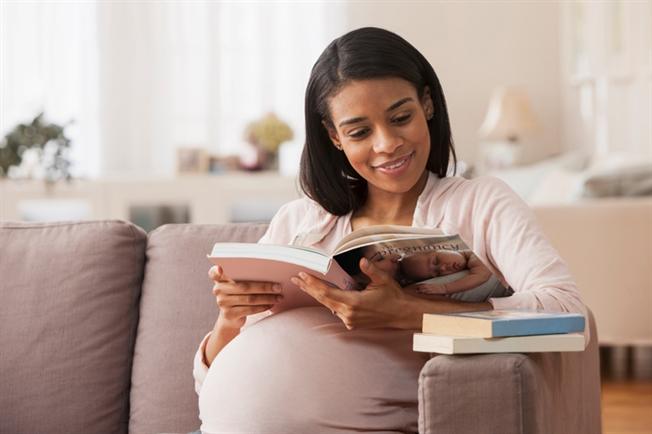What's safe to do during pregnancy–and what's not

Pregnancy can be an exciting time, but it can also feel like it comes with a long list of do’s and don’ts.
“There are many things women do every day, things they normally wouldn’t think twice about, that can affect the health of their baby,” says Marie Luksch, DO, OB/GYN at Paoli Hospital, part of Main Line Health. “During pregnancy, you have to consider not only how what you do, what you eat or what you drink will affect you but how it will affect your baby, too.”
Below, Dr. Luksch clarifies the safety of some common habits, foods and beverages during pregnancy.
Wine
You’ve probably heard from friends, family and mommy blogs that there are plenty of expectant mothers out there who have enjoyed a glass of wine during their pregnancy that didn’t affect themselves or their baby.
Still, the fact remains: No amount of wine, or any type of alcohol, has been approved for consumption during pregnancy. Alcohol use during pregnancy can have fatal consequences, including miscarriage and stillbirth, and less severe—but still debilitating—issues like physical, behavioral and intellectual disabilities.
It can be tempting to indulge in a glass of wine, especially if you’re nearing the end of your pregnancy. But the risks are greater than the reward, cautions Dr. Luksch.
Coloring your hair
A trip to the salon can be a getaway. Do you have to let it go by the wayside just because you’re pregnant? Not necessarily!
“Most chemicals in permanent and semi-permanent dyes are safe or at least aren’t highly toxic. You should check with your colorist just to be sure, but most women can continue to undergo color treatments during pregnancy. To be safe, it’s best to wait until the second or third trimester,” says Dr. Luksch.
You can take extra precautions by making sure your color is done in a well-ventilated area and that a patch test is performed with the dye before it’s used. Don’t leave the dye on any longer than necessary, and be sure to rinse well. If you’re doing it yourself, remember to wear gloves.
Eating lunchmeat
Even if you’ve never been a fan of lunchmeat before, the idea of not having it might be enough to tempt you. Unfortunately, it’s a no-no for pregnant moms.
“Pregnant women are 20 times more likely to get listeria than women who are not pregnant,” explains Dr. Luksch. “To protect yourself and your baby from the risk of listeria, it’s best to steer clear of hot dogs, lunchmeat, cold cuts and deli meat.”
What if you’ve been eating lunchmeat before you realized you were pregnant? No worries, Dr. Luksch says.
“Just start to steer clear of it now that you know!”
Caffeine
You rely on a morning coffee. And an afternoon coffee. And a little cappuccino after dinner.
If you’re pregnant, you might need to cut down. It’s recommended that pregnant women consume less than 200 milligrams of caffeine per day, as the stimulant has been associated with low birth weight, premature birth and withdrawal symptoms in newborns.
Try peppermint tea, coconut water or even switching to decaf to help wean you off. You may be used to the taste of your daily fix—not the caffeine.
Hot tubs, saunas and steam rooms
If you’re accustomed to taking a dip in the hot tub on vacation or relaxing in the steam room after a workout, you’ll have to find another way to relax for a few months. These environments usually have temperatures upwards of 100 degrees, which can lead to dangerously high core body temperatures.
“Opt for a warm bath instead,” says Dr. Luksch. “It may not be as warm as those environments, but it allows you to relax and is safer for baby.”
If you have questions about what's safe and what's not during pregnancy, don't hesitate to pick up the phone and call your OB/GYN—it's always better to play it safe.
 Content you want, delivered to your inbox
Content you want, delivered to your inbox
Want to get the latest health and wellness articles delivered right to your inbox?
Subscribe to the Well Ahead Newsletter.
